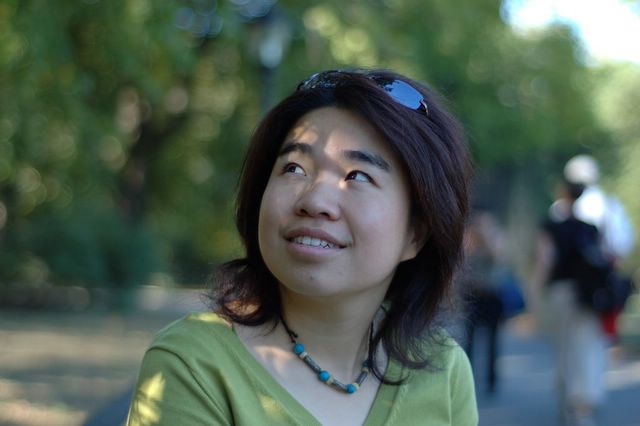2006年8月10日星期四
The Merchant of Venice (2004)
I saw the recent American adoptation of The Merchant of Venice (2004). Al Pacino plays Shylock and he is such a great actor in the show. Shylock was both a victim of anti-semitism and took action against the Venician society. He was an anti-hero in the play and Al Pacino captures the suffering soul of this character.
IN contrast, my beloved Jeremy Irons plays a mediore Antonio, whom I doubt was a gay. His passion for his friend Bassanio, by Joseph Fiennes, was not comprehensible and made people confused. Irons was such a lackluster character which is not at all close to his performance in the sparkling performance in Being Julia, And Now... Ladies and Gentlemen..., Lolita , The House of the Spirits (all time favorate of mine), and the unforgetable Damage. With Juliette Binoche, he gave such passionate performance.
Throughout the movie, I feel the strong tension underlying the easy-going nature of this comedy. Jew and Christane, male and female, lust and love. Shakespear was such a master of language, I'd love to recite Portia's odes of love when I get married.
PORTIA
You see me, Lord Bassanio, where I stand,
Such as I am: though for myself alone
I would not be ambitious in my wish,
To wish myself much better; yet, for you
I would be trebled twenty times myself;
A thousand times more fair, ten thousand times more rich;
That only to stand high in your account,
I might in virtue, beauties, livings, friends,
Exceed account; but the full sum of me
Is sum of something, which, to term in gross,
Is an unlesson'd girl, unschool'd, unpractised;
Happy in this, she is not yet so old
But she may learn; happier than this,
She is not bred so dull but she can learn;
Happiest of all is that her gentle spirit
Commits itself to yours to be directed,
As from her lord, her governor, her king.
Myself and what is mine to you and yoursIs now converted:
but now I was the lord
Of this fair mansion, master of my servants,
Queen o'er myself: and even now, but now,
This house, these servants and this same myself
Are yours, my lord: I give them with this ring;
Which when you part from, lose, or give away,
Let it presage the ruin of your love
And be my vantage to exclaim on you.
From Wikipedia:
The Merchant of Venice is one of William Shakespeare's best-known plays, written at an uncertain date between 1594 and 1597. It is a comedy ("comedy" had a very different meaning at the time; see Shakespearean comedies) and is best known for its portrayal of the Jew Shylock, which has raised questions of anti-semitism. Shylock is a tormented character but is also a tormenter, so whether he is to be viewed with disdain or sympathy is up to the reader.
Shakespeare puts one of his most eloquent speeches into the mouth of this "villain":
Hath not a Jew eyes? Hath not a Jew hands, organs
dimensions, senses, affections, passions; fed with
the same food, hurt with the same weapons, subject
to the same diseases, heal'd by the same means
warm'd and cool'd by the same winter and summer
as a Christian is? If you prick us, do we not bleed?
If you tickle us, do we not laugh? If you poison us,
do we not die? And if you wrong us, shall we not revenge?
Act III, scene I
订阅:
博文评论 (Atom)


没有评论:
发表评论